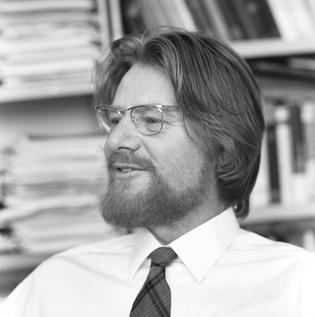A Quote by Samuel Johnson
Classical quotation is the parole of literary men all over the world.
Related Quotes
The provincial intellectual is doomed to arguing at low level... there is still no Australian literary world, not in Sydney, Melbourne, Adelaide. It is some consolation to realise that there is no literary world in Birmingham or Los Angeles either. I have heard there is one in Montreal, but I don't believe it. The literary world is in London and New York, the only cities big enough to sustain magazines which can afford to reject copy.
The art of quotation requires more delicacy in the practice than those conceive who can see nothing more in a quotation than an extract. Whenever the mind of a writer is saturated with the full inspiration of a great author, a quotation gives completeness to the whole; it seals his feelings with undisputed authority.
That literary-popular distinction is, in my view, vastly overstated. At the far poles there are clearly books that are purely commercial and purely literary, written for audiences that want to see the same thing enacted over and over and over again. But the middle is where most people read and most people write.
[Michael] Chabon, who is himself a brash and playful and ebullient genre-bender, writes about how our idea of what constitutes literary fiction is a very narrow idea that, world-historically, evolved over the last sixty or seventy years or so - that until the rise of that kind of third-person-limited, middle-aged-white-guy-experiencing-enlightenment story as in some way the epitome of literary fiction - before that all kinds of crazy things that we would now define as belonging to genre were part of the literary canon.






































